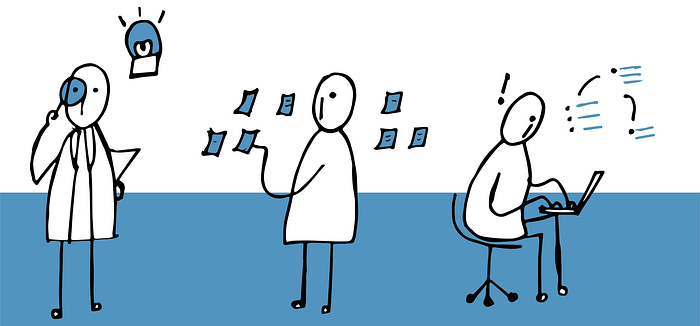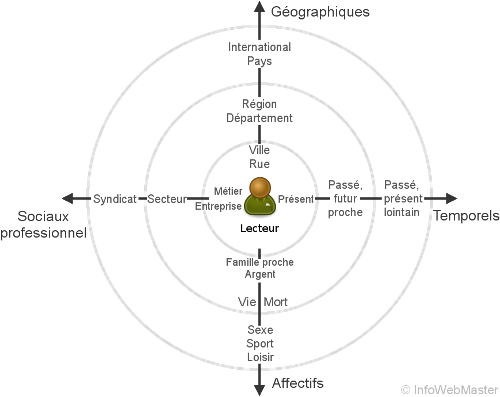How to gather information?

When you are looking for information, what are the ways in which you assimilate it? How much control (or perceived control) do you have over this information assimilation and how much can you trust the information you are getting?
I am en route to be a professional in the design world. This means I am often tasked with digging into a variety of subjects in order to uncover layers of meanings and offer new permutations and combinations of perspectives and possible solutions. Like every other non-superior, simple human being, I learn things. I am not born with information, but I am entitled to accumulate it. And how I process this accumulated information depends on the way I have accumulated it.
The Filter Bubble

“There are these two young fish swimming along and they happen to meet an older fish swimming the other way, who nods at them and says “Morning, boys. How’s the water?” And the two young fish swim on for a bit, and then eventually one of them looks over at the other and goes “What the hell is water?” ― David Foster Wallace
A “filter bubble” (as coined by Eli Pariser) is intellectual isolation that is caused by algorithms that “tailor” information according to the user’s interests. Search results for a word vary greatly from person to person. It’s like swimming in data, and not knowing any different. The user ends up viewing content that reinforces their existing beliefs and confirmation bias. People become more used to hearing what they are used to and have strong opposition to anything that might challenge their beliefs. While several researchers have been reported to consciously frame their data to support their hypothesis, it is also well-meaning professionals get caught into the filter bubble without even realising and there can be several unintended consequences for it.
Information Dieting
As a designer and researcher being right is not what matters. We owe it to the users to be truthful. So, How might we gather data from a critical perspective without being played into the algorithms of search engines? Are there any good information diets we could follow?
Here’s an information diet I recently learned about:
1- Ask yourself the following questions: Why do I need to do research? What is my current methodology of research? What are the potential consequences of my work? How can I improve my methodology?
2- Use diverse sources of information for your research and organize your data according to the information source, the author and note the nature of the content. Note if it is an interview, a study, a media report, etc. Tools like Zotero are popular for this.
3- Define your priorities for research:
The law of proximity helps you classify what kind of information is most or least important for you based on several perspectives: social, geographical, time, etc

